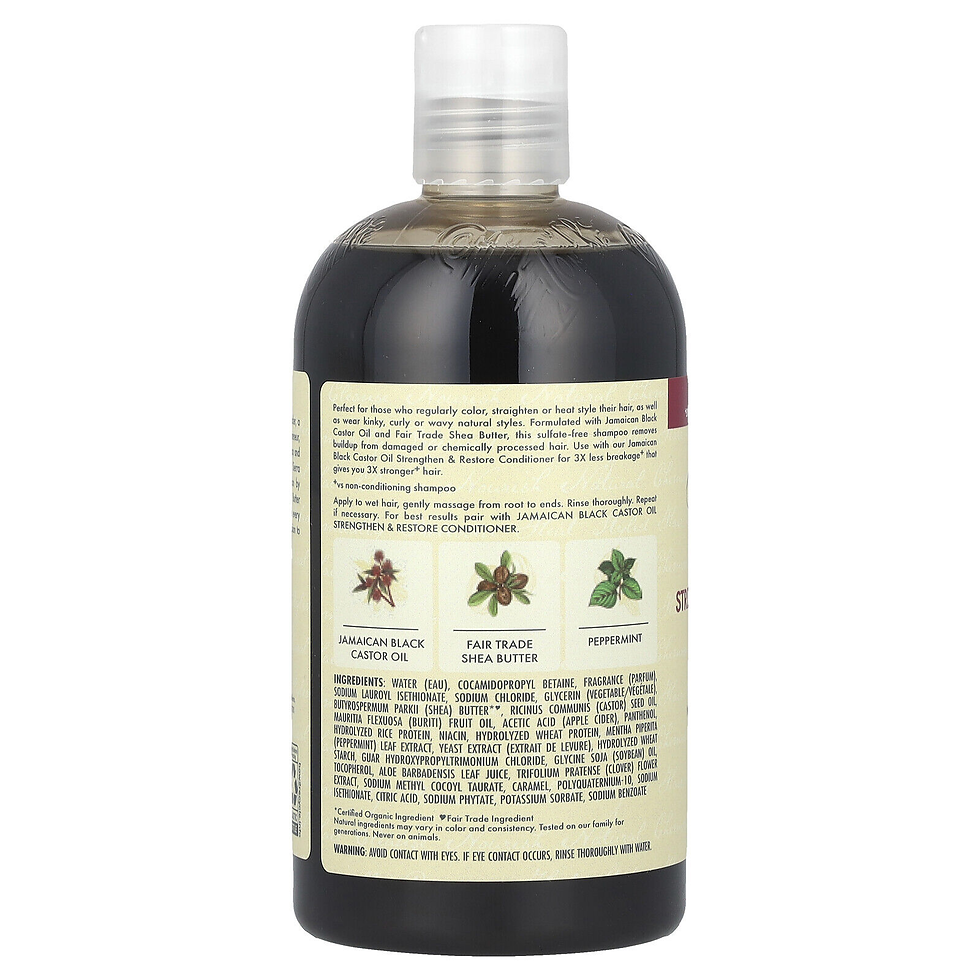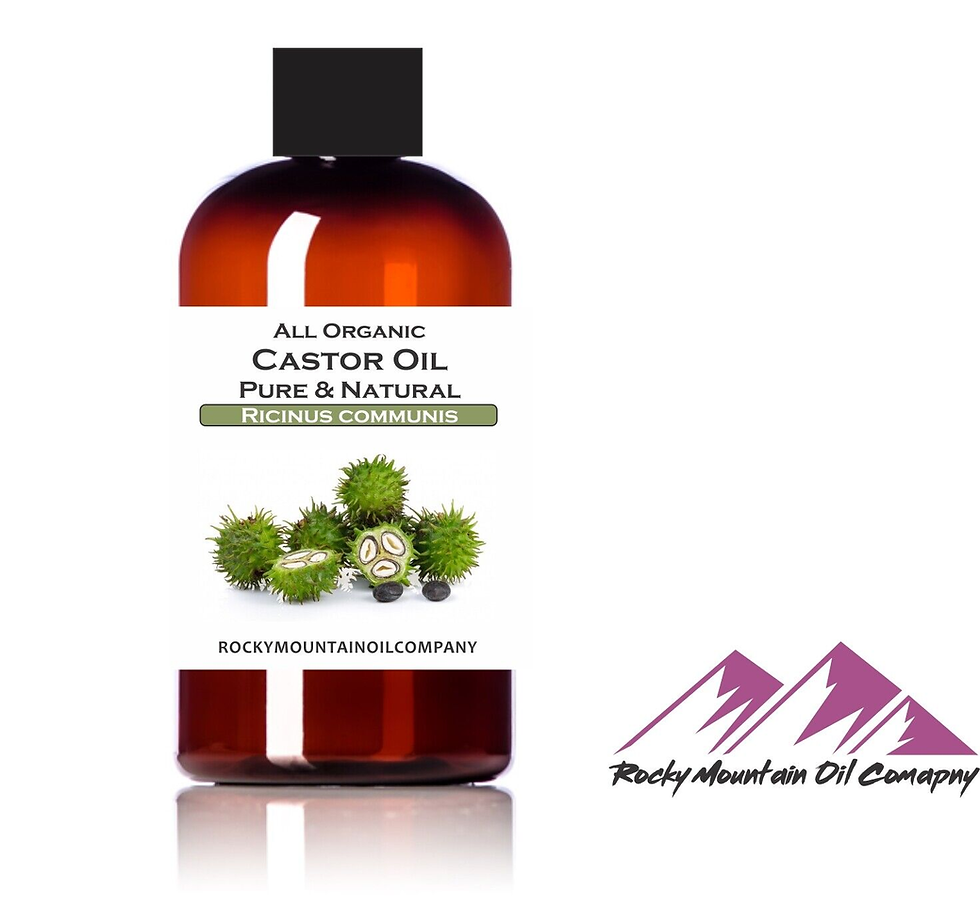Pure Citric Acid Powder Food Grade FCC / USP - HIGHEST QUALITY GRADE ANHYDROUS
324,00AU$
Water Softener
Citric acid's chemical properties as a weak organic acid make it a powerful water softener. It works by breaking down the trace amounts of metal found in water, making it an ideal all-natural choice for treating hard water.
Citric acid cleans calcium, lime, and scale deposits. Use citric acid in your regular maintenance of your water softener to restore your media. Citric acid is safe and environmentally friendly.
Citric acid cleaners have no offensive odors; instead, they give off a pleasant fruit-like smell when dissolved. They are also nontoxic and therefore safer to use around the home. The acid is added to the brine and causes the iron to dissolve.
Household Cleaner
Many all-natural household cleaners, such as kitchen and bathroom sprays, contain a small percentage of citric acid to help clean hard water stains and kitchen messes. The citrusy smell of the acid is pleasant, so it works well as both a cleaner and a deodorizer. A common household use of lemon juice is to use it to clean hard water and mineral deposits from shower doors, sinks and toilets.
Bath Bombs
You can make your own bath bombs---fizzy, effervescent bath soap/salt---by using citric acid. The citric acid is completely safe to use in the bathtub. The "Alka Seltzer-like" fizzy effect is caused by the citric acid reacting with the water and other ingredients of the bomb, such as baking soda, witch hazel and fragrances.
Carpet Cleaner
Applying a 10 percent pharmaceutical-grade citric acid to discolored carpeting can help to remove stains, according to the In fact, many carpet cleaning companies use this very solution for cleaning carpets in homes and businesses.
Cosmetics
Citric acid is a relatively common ingredient used in cosmetics products to balance the pH levels. According to Cosmetics Database page, small amounts of citric acid can be found in shampoos, body wash, face cleansers, nail polish, hand soap and other cosmetics products. Some people may be sensitive to citric acid, so use caution when applying a cosmetic product containing the acid.
Citric acid is naturally found in citrus fruits, including oranges, limes and lemons. It is usually produced in powdered form and it easily mixes into liquid. Citric acid has many household uses, and there are many products in which it is an ingredient.
Algicides
Citric Acid is used to chelate copper in formulations used to kill algae in reservoirs and natural waters. The citric acid chelates the copper, then slowly releases it resulting in extended time of effectiveness.
Animal Feed
Citric acid is used in animal feeds to form soluble, easily digestible chelates of essential metal nutrients, enhance response to antibiotics, enhance flavor to increase food uptake, to control gastric pH and improve the efficiency of the feed.
In the slaughter operation, sodium citrate is used to prevent the coagulation or clotting of fresh blood. Calcium is an essential mineral for the clotting mechanism to occur. Citrate chelates the calcium, thus preventing the coagulating from taking place.
Cigarettes
Air-cured tobacco smoke is often alkaline, giving harsh and irritating flavors. Citric acid and other components are added to balance the flavors.
Citric acid is also used in cigarette paper to control the burn rate. This ensures the tobacco and paper burn at the same rate.
Circuit Boards
Citric acid can be used to clean circuit boards prior to soldering. Although more costly than mineral acids, citric acid has the advantage of being environmentally friendly.
Concrete Admixture
Citric acid is added to concrete formulations to retard the set rate and reduce the amount of water required. In the retarding the set rate, the Citrate interferes with the hydration of portland cement. In its role as a water reducer, citrate acts as a dispersants, reducing the viscosity of the cement slurry so less water is needed to make a workable mixture.
Detergents.
<







































